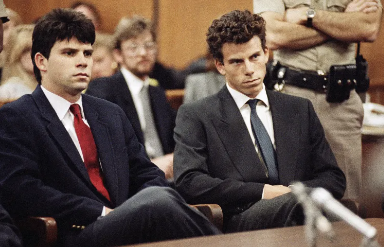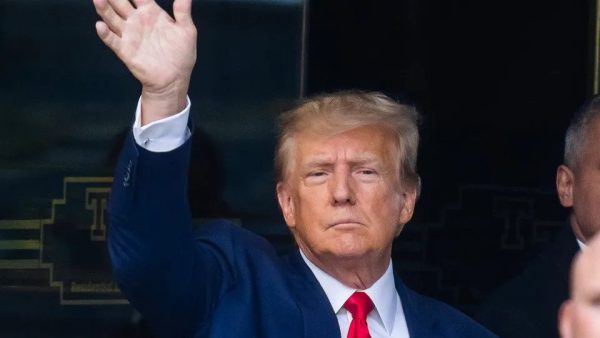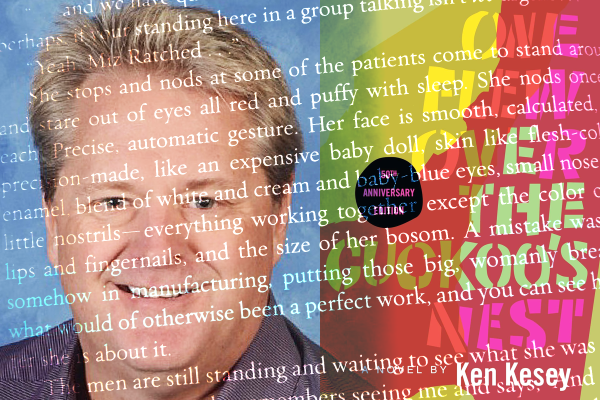Pope Francis releases third encyclical letter of reign
Words of solidarity in times of division
Pope Francis signs his newest work
The head of the Catholic Church, Pope Francis, began this October with the release of his third Encyclical Letter, written amidst one of the world’s darkest times in order to promote solidarity and love among not only Catholics, but all people. Titled Fratelli Tutti, a reference to St. Francis’s famous reminder that even enemies are “all brothers,” the letter is a roughly eighty-five-page text on how to live with one another in such a divided and dark world.
The Catholic tradition of Papal encyclicals dates back to the 1700s, where Pope Benedict XIV established the document style to clarify the duties of bishops; since then, fourteen more Popes have together published over 270 letters on a variety of topics, from parenthood to politics to environmentalism— along with much more. Pope Francis’s newest writing, however, focuses on the modern world’s failure to unite against the evils of inequality and hatred, in which he highlights a need for a society of “fraternity and social friendship.”

He begins his letter with the story of his namesake’s journey to the Muslim country of Egypt during the highly hostile time of the crusades. Pope Francis emphasizes how the saint went against the backwards ways of his fellow Christians, choosing instead to meet the Muslim rulers as friends and fellow human beings, not enemies. This story is a microcosm of the Pope’s entire message: we are all born into the world of God to love and care for each other.
In the bulk of the letter, Francis goes on to go into specifics regarding his core message. Not shying away from controversial political or economic issues, the Holy Father teaches that change is not done through vague ideas, but bold calls to action. Regarding the facts that “20 percent of the world’s population may lack adequate housing” (YaleGlobal) or that despite the abundance of food, 690 million people go hungry, Pope Francis invokes the often overlooked doctrine of the “universal destination of goods,” which states that the wealth given to man by God—food, shelter, natural resources— belong to the whole of humankind, not just the few elite.
While he does emphasize that the right to private property is still valid, the Pope tell us to recognize that Jesus said “If you want to be perfect, go, sell your possessions and give to the poor, and you will have treasure in heaven” (Matthew 19:21). To the Pope, we must abandon our overconsumption and exploitation of the oppressed in order to build a world that can truly call itself a society of love.

Francis also makes a return to one of his trademark teachings, the acceptance and respect of migrants, people of full human dignity no matter what nationality. Keeping in line with previous statements, he denoucnes nationalism and racism and expresses the need for “rights without borders,” saying that If every human being possesses an inalienable dignity, if all people are my brothers and sisters, and if the world truly belongs to everyone, then it matters little whether my neighbour was born in my country or elsewhere.” Francis goes on to add that the denial of a nation’s goods and resources to those wishing to join and thrive there is a rejection of human rights, given by God.
Perhaps one of the most significant aspects of the encyclical, however, wasn’t the text itself, but the way it has spurred valuable discussion and interreligious dialogue. Among the panel of typically Catholic leaders, Judge Mohamed Mahmoud Abdel Salam, a Muslim theologian, helped to present the letter in an inspiring first for the Church. He expressed his full admiration of the work, saying “I find myself—with much love and enthusiasm—in agreement with the Pope, and I share every word he has written in the encyclical.” Salam mentions he felt particularly inspired by the Pope’s words against racism and anti-immigration, echoing the similarities that both Christianity and Islam have in their doctrines of love and respect for the persecuted.
All in all, this document represents a new era for the Church. Pope Francis’s calls to action feel a bringing back to the core lessons of Catholic Social Teaching: love, solidarity, and dignity for all. Truly, the pope’s words remind readers of the Church of Vincent de Paul, Elizabeth of Hungary, and Oscar Romero, bringing a breath of progressive thought and action to the world.

"I am the Elder man" - Mr. Roger Auer
#1 Elder Soccer commentator.














